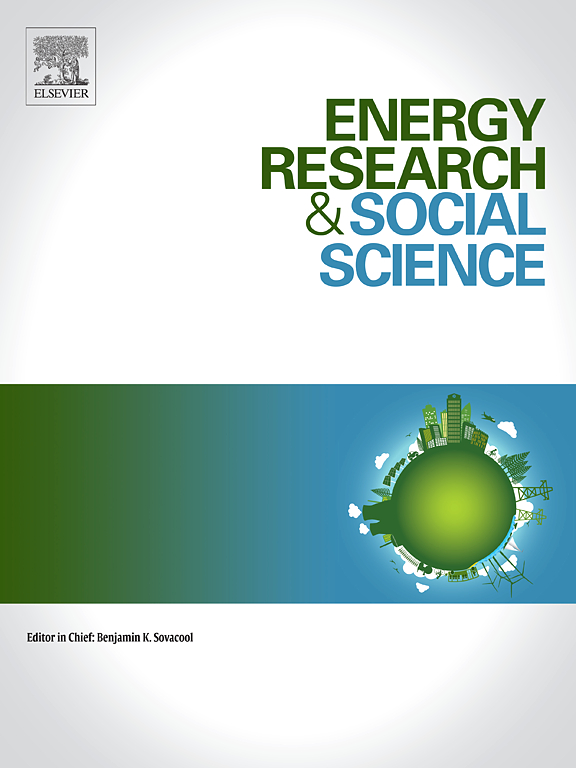“Agrivoltaics” are solar photovoltaic panels mounted above productive farmland so that energy and food production can occur simultaneously on the same plot. Agrivoltaics are proffered as a means to reduce food-energy land use conflicts, and to ameliorate rural community opposition to ground-mounted solar farms. In this study we examine the socio-economic and environmental claims around agrivoltaics as a set of competing sociotechnical configurations, assessed through a Q-methodology and qualitative analysis of 30 responses from technical, NGO and social opposition respondents from 14 different countries. We find three emergent sociotechnical configurations, labelled: 1) Agrivoltaics for livelihood diversification and poverty alleviation; 2) Opposing agrivoltaics – asserting community control and procedural justice, and 3) Scaling up a ‘triple win’ for agrivoltaics – centring innovation and ownership models. We identify strong support for agrivoltaics in livelihood diversification across rural communities, and for meeting multiple food, energy and water security goals simultaneously. However, stakeholder opposition from technological intrusion of agrivoltaics in rural places and a lack of consensus on what role governmental authorities, landowners and community cooperatives can play are key barriers to deployment and upscaling of this niche technology. We find that agrivoltaics can stimulate diverse sociotechnical configurations of energy and agriculture, with great potential for improving energy and food security, though issues of visual intrusion and perceived ‘technology in the wrong place’, lack of clarity on funding and planning models, and improper scales of governance and procedural injustice could potentially stymie rollout for both smallholders and larger agribusiness schemes.
DOI:
https://doi.org/10.1016/j.erss.2024.103872
Puntuación Altmetric:
Dimensiones Recuento de citas:



















